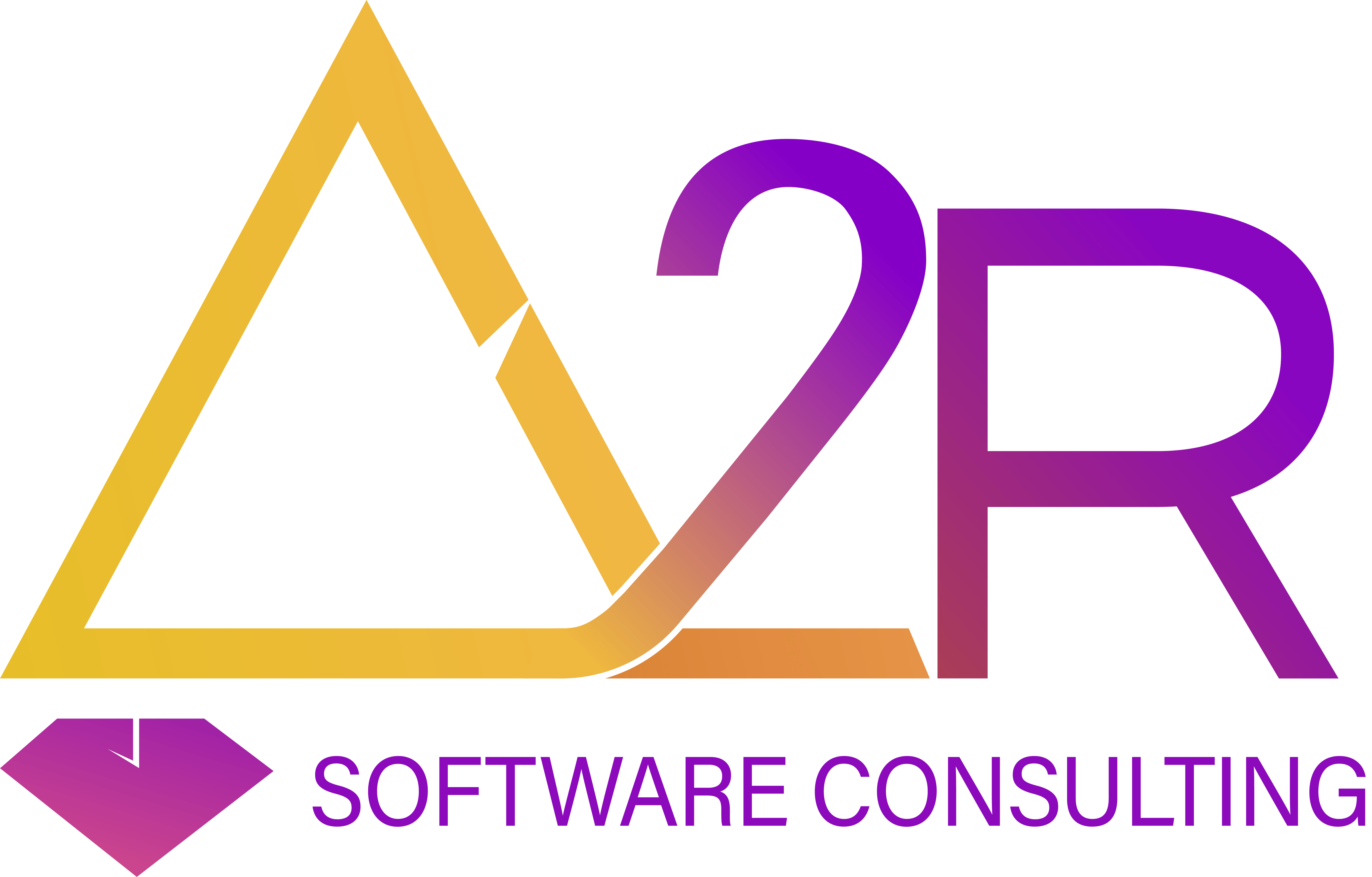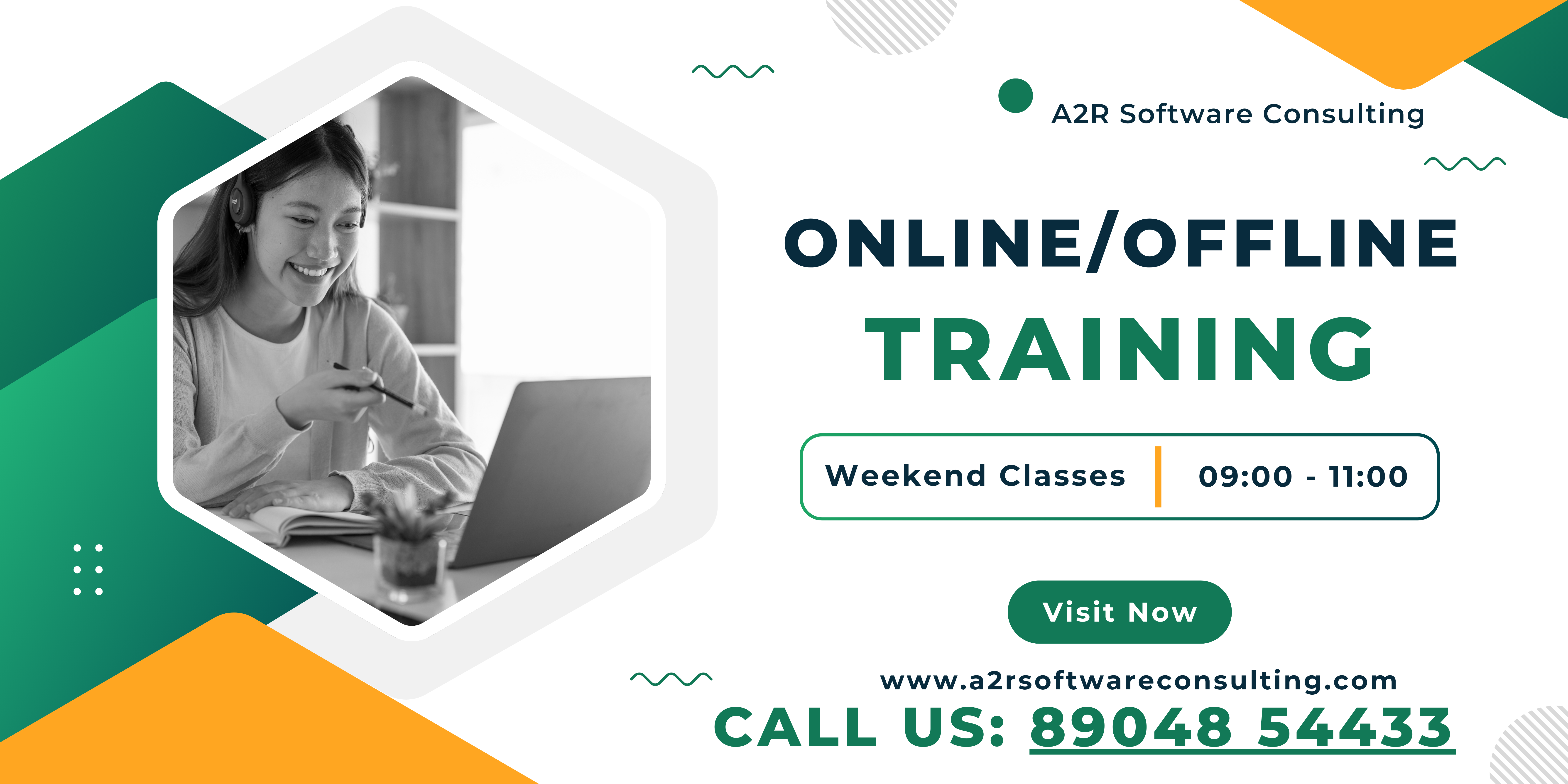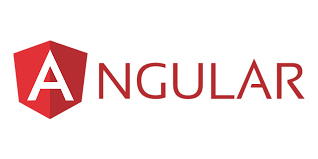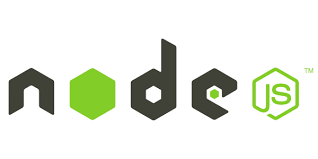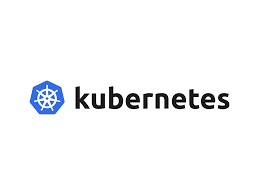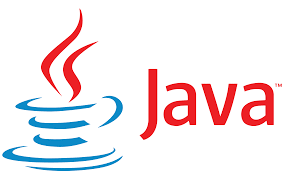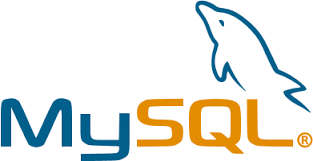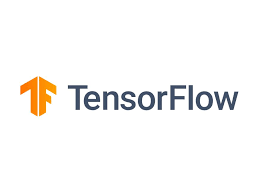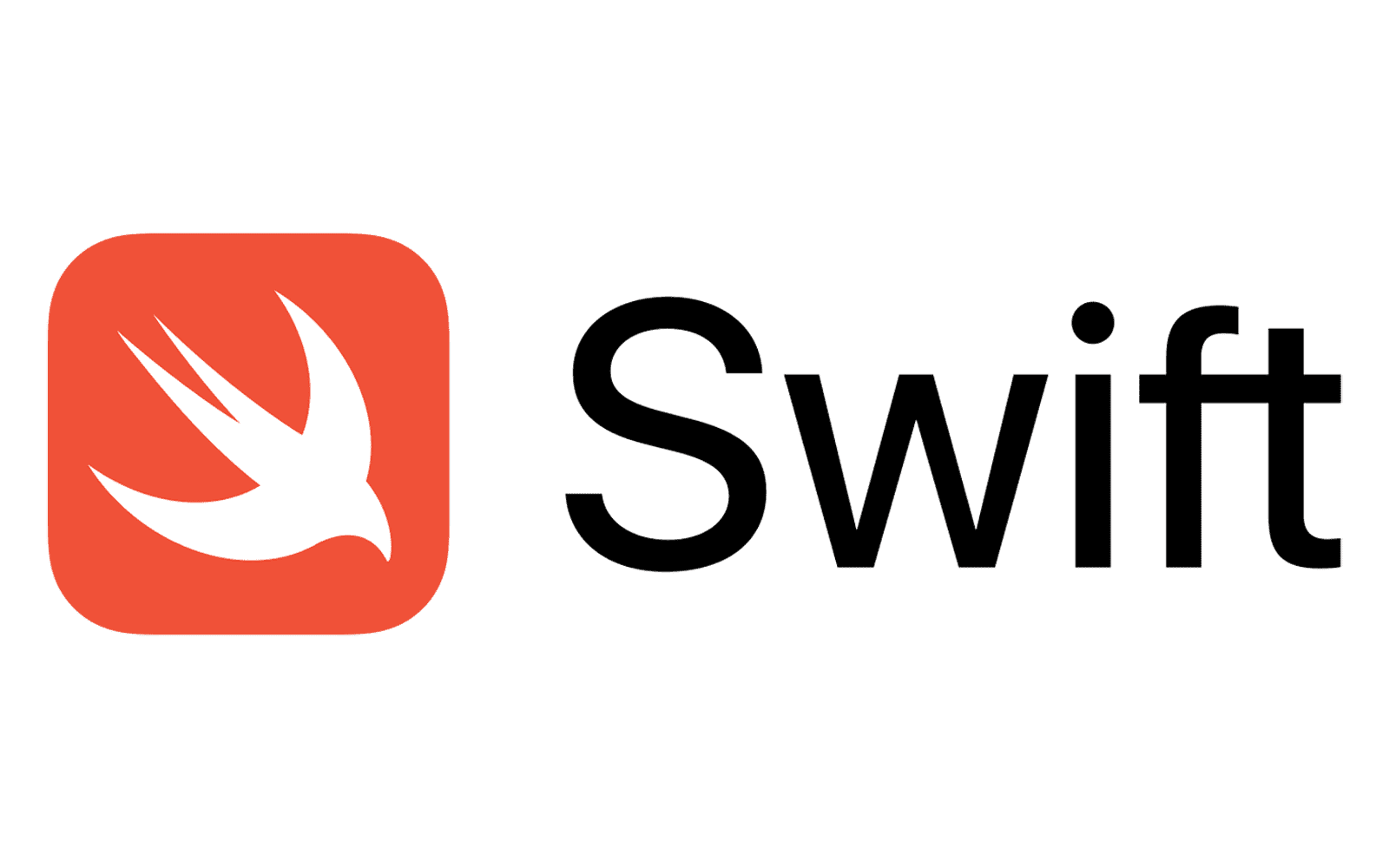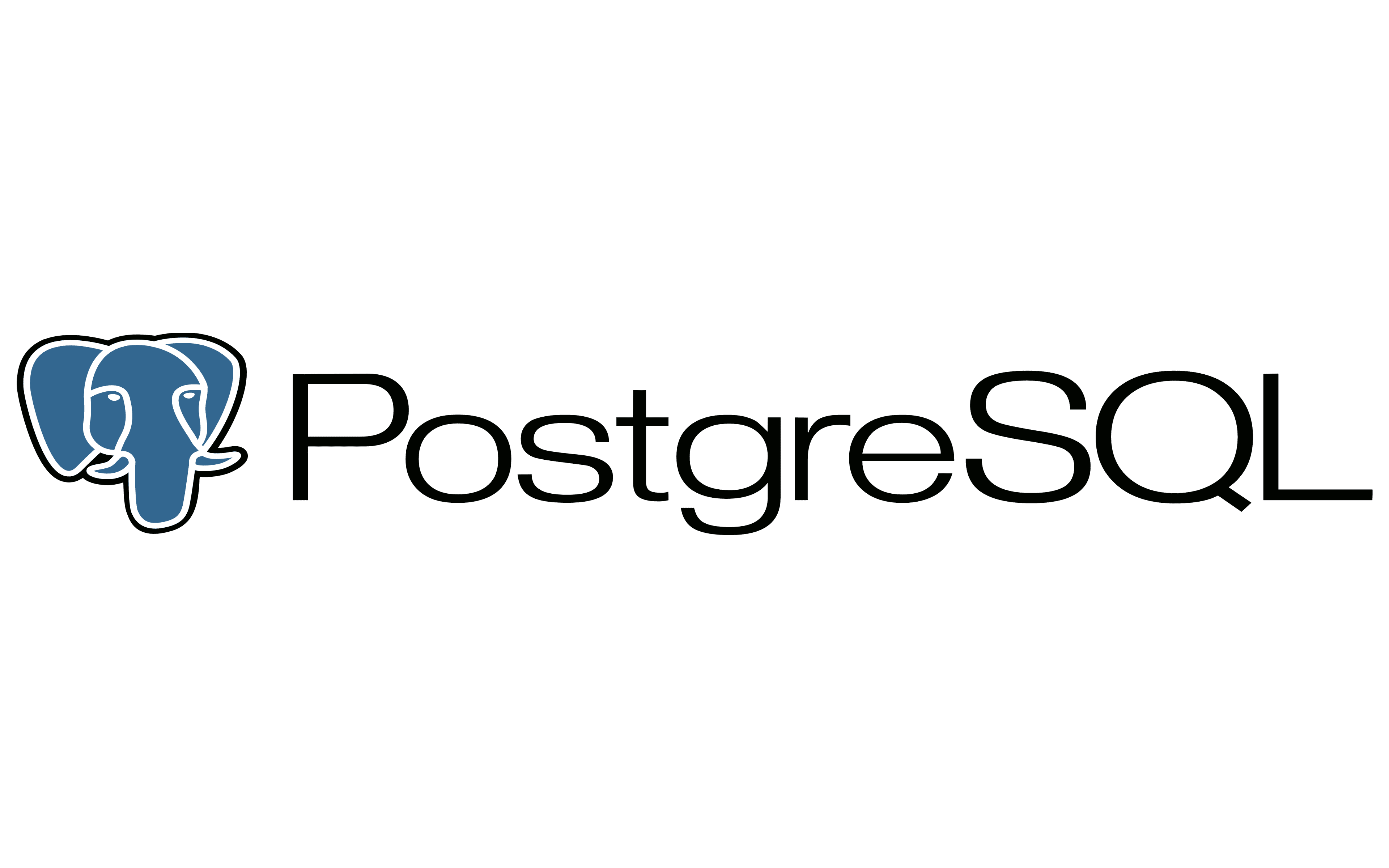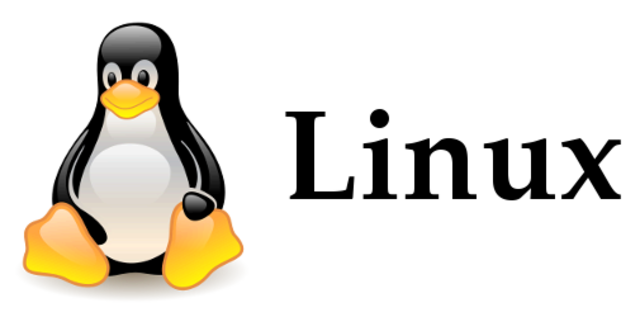PL/SQL Training: Master Database Development with Oracle's Powerhouse
Introduction to PL/SQL
- Overview of PL/SQL and its Features
- Advantages of Using PL/SQL in Oracle Database
- PL/SQL Architecture and Components
- PL/SQL Development Tools and Environment Setup
PL/SQL Basics
- PL/SQL Data Types and Variables
- Understanding Constants and Literals
- Conditional Statements (IF-THEN-ELSE, CASE)
- Looping Constructs (LOOP, FOR LOOP, WHILE LOOP)
PL/SQL Control Structures
- Exception Handling with EXCEPTION and RAISE
- Handling Exceptions with WHEN OTHERS
- Raising Custom Exceptions with RAISE_APPLICATION_ERROR
- Error Logging and Exception Propagation
PL/SQL Subprograms
- Introduction to PL/SQL Subprograms (Procedures and Functions)
- Creating and Executing Stored Procedures
- Creating and Invoking Functions
- Overloading Subprograms and Parameters
PL/SQL Cursors
- Introduction to Cursors in PL/SQL
- Implicit vs. Explicit Cursors
- Cursor Attributes (%FOUND, %NOTFOUND, %ROWCOUNT)
- Cursor FOR Loops and Bulk Operations
PL/SQL Collections
- Introduction to PL/SQL Collections (Arrays, Nested Tables, Varrays)
- Declaring and Initializing Collections
- Manipulating Collections (Adding, Updating, Deleting Elements)
- Using Collections in SQL Queries
Advanced PL/SQL Features
- Bulk Binding and Bulk Operations
- Dynamic SQL with EXECUTE IMMEDIATE and DBMS_SQL
- Using Native Dynamic SQL (NDS)
- PL/SQL Records and Record Types
PL/SQL Packages
- Introduction to PL/SQL Packages
- Creating and Using Packages
- Public vs. Private Package Elements
- Advantages of Packages in PL/SQL Development
PL/SQL Triggers
- Introduction to Triggers in Oracle Database
- Types of Triggers (BEFORE, AFTER, INSTEAD OF)
- Trigger Syntax and Structure
- Using Triggers for Data Validation and Auditing
PL/SQL Optimization Techniques
- Profiling PL/SQL Code with DBMS_PROFILER
- Performance Tuning Tips for PL/SQL Programs
- Using Explain Plan for SQL Statement Analysis
- Identifying Bottlenecks and Improving Performance
Error Handling and Debugging
- Debugging PL/SQL Code with DBMS_OUTPUT
- Using SQL Developer Debugger for PL/SQL Debugging
- Tracing PL/SQL Execution with DBMS_TRACE
- Best Practices for Error Handling and Debugging
PL/SQL Best Practices and Patterns
- Coding Standards and Guidelines for PL/SQL Development
- Modularizing Code with Packages and Procedures
- Implementing Error Logging and Handling
- Version Control and Code Review Practices
Real-World Projects and Case Studies
- Building Database Applications with PL/SQL
- Designing PL/SQL Solutions for Business Problems
- Performance Optimization and Scalability Considerations
- Case Studies and Success Stories from PL/SQL Deployments
PL/SQL Certification Preparation
- Overview of Oracle PL/SQL Certification Tracks
- Exam Objectives and Skills Measured
- Study Tips and Resources for PL/SQL Certification
- Practice Exams and Mock Interviews for Exam Preparation
Career Development in PL/SQL
- Roles and Responsibilities of PL/SQL Developers
- Job Opportunities and Career Paths in PL/SQL Development
- Continuing Education and Professional Development
- Networking and Industry Trends in PL/SQL
Conclusion and Next Steps
- Summary of Key Concepts Covered in the Course
- Actionable Takeaways for Mastering PL/SQL Skills
- Continuing Education Resources for PL/SQL Developers
- Q&A and Open Discussion
Advanced PL/SQL Topics
- PL/SQL Exception Propagation and Handling Strategies
- Fine-Grained Exception Handling with EXCEPTION_INIT
- Autonomous Transactions in PL/SQL
- Using Pragma SERIALLY_REUSABLE for Performance Optimization
PL/SQL Security Best Practices
- SQL Injection Prevention Techniques in PL/SQL
- Secure Coding Practices for Input Validation
- Implementing Row-Level Security with Virtual Private Database (VPD)
- Database Auditing and Compliance Considerations
PL/SQL Performance Tuning Workshop
- Performance Monitoring and Profiling Tools in Oracle Database
- Optimizing PL/SQL Code for Better Performance
- Using DBMS_SQLTUNE for SQL and PL/SQL Tuning
- Hands-On Performance Tuning Exercises and Case Studies
Advanced PL/SQL Collections
- Associative Arrays (Index-By Tables) in PL/SQL
- Multidimensional Arrays and Nested Tables
- Advanced Collection Methods and Bulk Operations
- Implementing Complex Data Structures with Collections
Advanced PL/SQL Techniques
- Utilizing Regular Expressions in PL/SQL
- Parsing XML and JSON Data in PL/SQL
- Advanced String Manipulation Techniques
- Interfacing PL/SQL with External Libraries and APIs
PL/SQL Design Patterns
- Introduction to Design Patterns in PL/SQL Development
- Implementing Singleton and Factory Patterns in PL/SQL
- Using Observer Pattern for Event Handling in PL/SQL
- Best Practices for Designing Modular and Reusable Code
PL/SQL Test-Driven Development (TDD)
- Overview of Test-Driven Development (TDD) Methodology
- Writing Unit Tests for PL/SQL Code with UTPLSQL
- Test Automation and Continuous Integration for PL/SQL Projects
- Mocking and Stubbing Techniques for Unit Testing PL/SQL
PL/SQL for Data Integration
- Using PL/SQL for ETL (Extract, Transform, Load) Operations
- Data Migration Strategies with PL/SQL
- Integrating External Data Sources with PL/SQL
- Real-Time Data Integration Techniques with PL/SQL
PL/SQL Web Development
- Building RESTful APIs with PL/SQL
- Using Oracle REST Data Services (ORDS) for Web Development
- Implementing Web Services with PL/SQL
- Securing PL/SQL Web Applications
PL/SQL Code Refactoring and Code Review
- Strategies for Refactoring Legacy PL/SQL Code
- Code Review Best Practices for PL/SQL Projects
- Automated Code Analysis Tools for PL/SQL
- Implementing Continuous Improvement in PL/SQL Development
Oracle Advanced Queuing (AQ) with PL/SQL
- Introduction to Oracle Advanced Queuing (AQ)
- Building Message Queuing Systems with PL/SQL
- Implementing Publish-Subscribe Models with AQ
- Using AQ for Asynchronous Communication in PL/SQL Applications
We've completed

0

0

0

0
×
